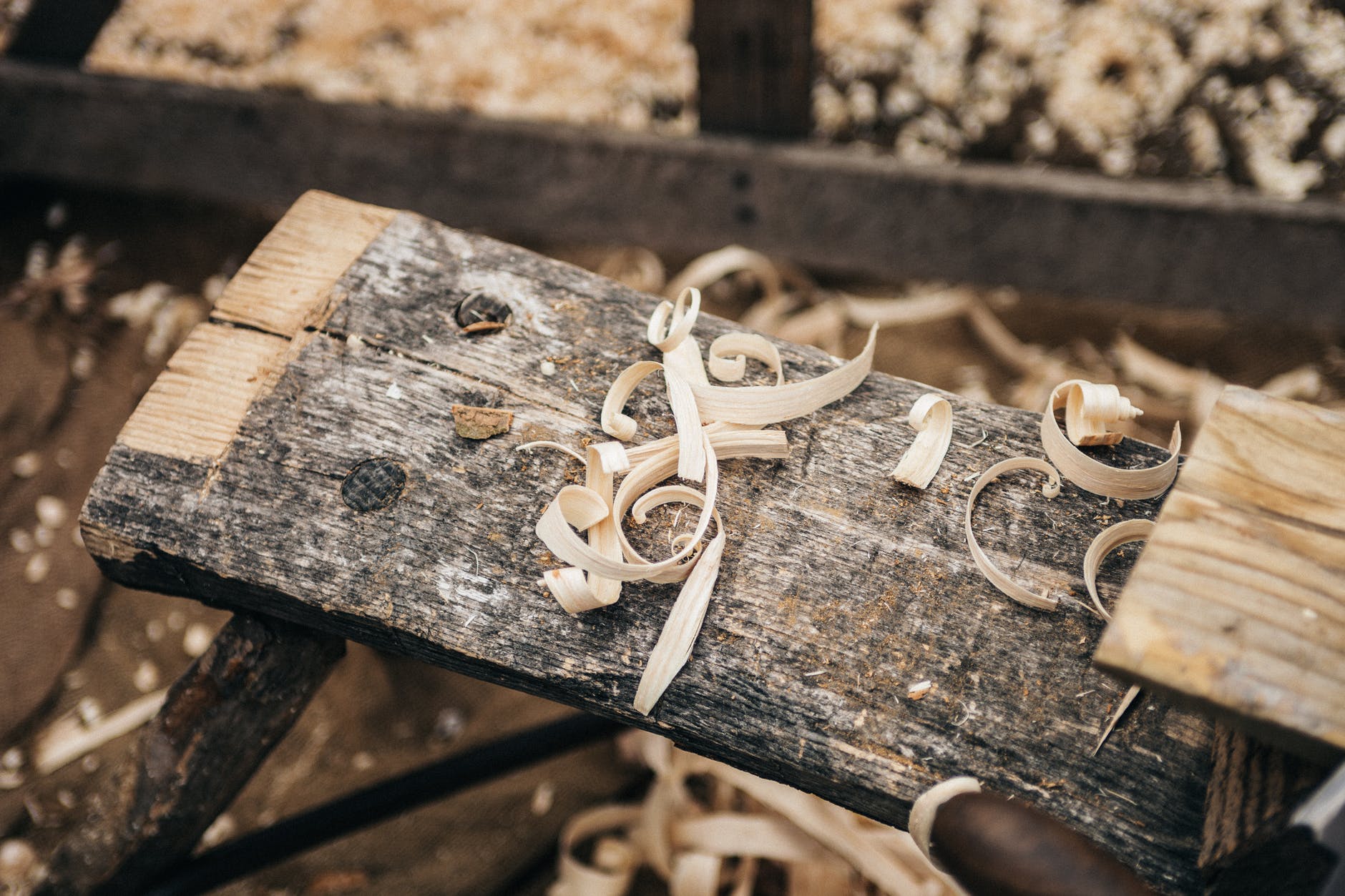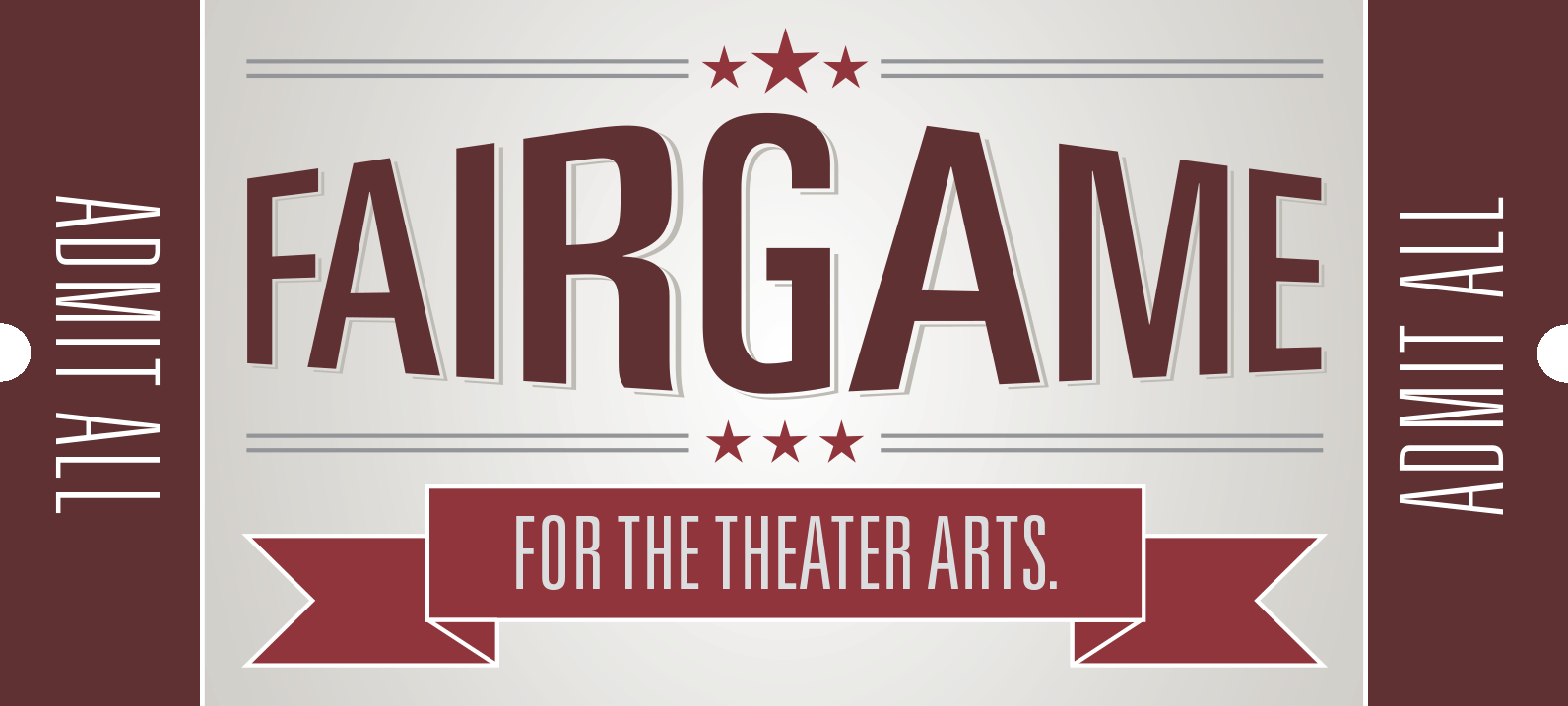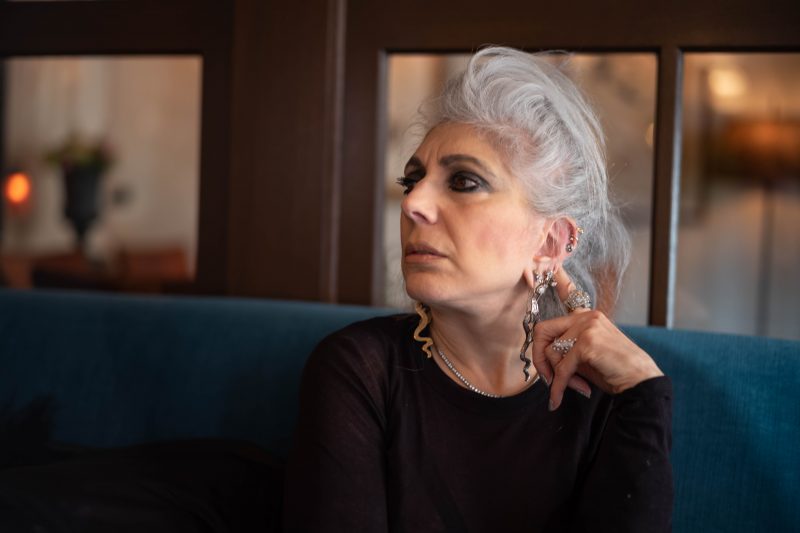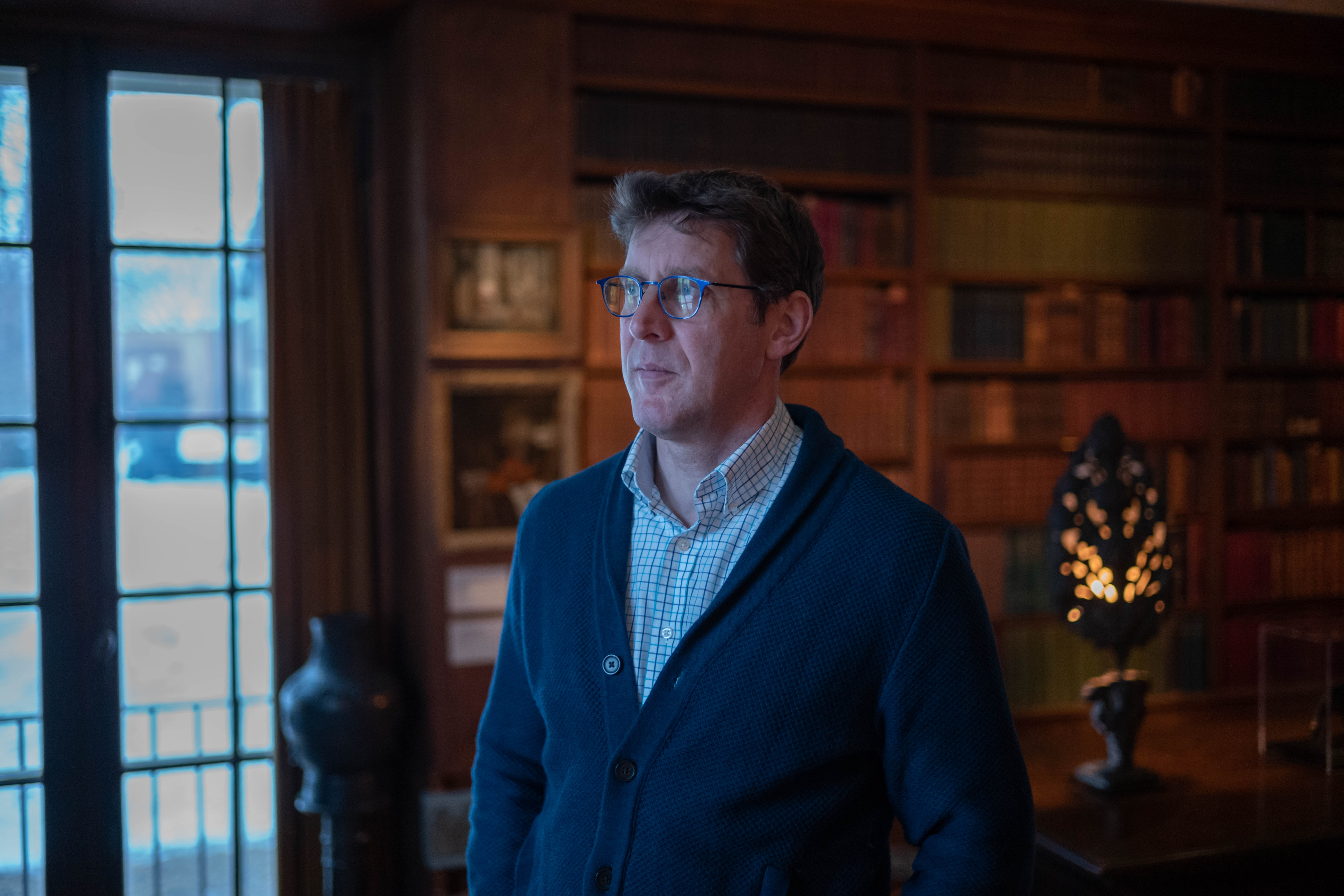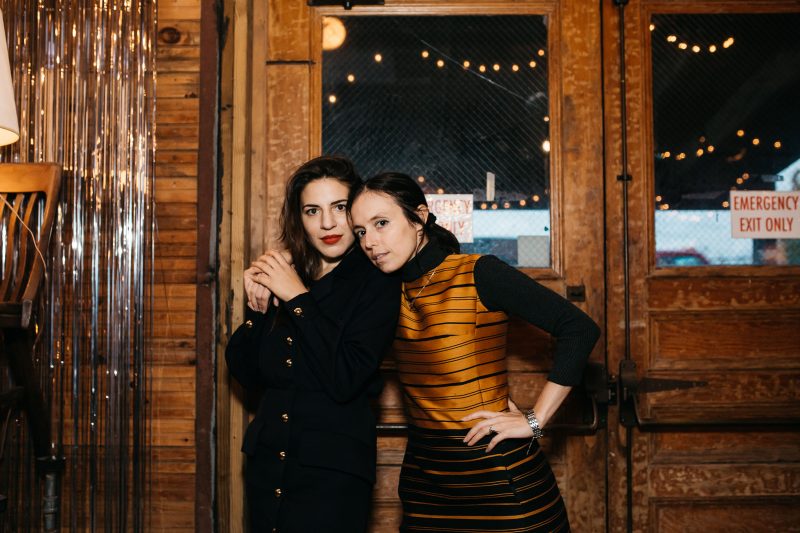Brimming with a sense of history and possibility, Hudson feels like a place where creation and renewal is meant to take place. Warren Street is home to a slew of renowned art galleries and shop fronts displaying the wares of innovative fashion designers, sculptors and artisanal food crafters.
The city boasts forward-thinking venues for music and film like TSL, Basilica Hudson and Hudson Hall. To many, Hudson appears to have it all. Artist Chad Weckler, however, is obsessed with what Hudson does not have: a makerspace.
“So many people I talk to are surprised that a place like Hudson doesn’t have a makerspace,” Weckler says. For years now he’s made it his singular mission to remedy that oversight. As far back as 2010, Weckler has advocated for the creation of a place where wood and metal workers can share expensive machinery and artists can create without the oppressive cost of Hudson’s escalating rent.
Weckler has a website (hudson-creative.org) where he’s currently surveying residents of Hudson and neighboring counties about what they’d like out of a makerspace. He’s received about 200 responses.
In a sense though, he’s back to square one. Over the years he’s spoken to the Columbia County Economic Development Corporation and the Hudson Valley Economic Development Corporation. Their perspective on the project has, according to Weckler, evolved.
His proposal was part of Hudson’s recent application to the state’s Downtown Revitalization Grants. While Hudson did receive $10 million from the grant process, the makerspace did not. He attributes it to a lack of space and funding.
It’s not that Weckler hasn’t tried to secure those things. He has lobbied local businesses and developers to contribute a location. “I’ve tried to find funding and spaces on my own and I got very close four years ago but we didn’t have funding,” he says.
Weckler says that he’s slowly been educating people on what exactly a makerspace is (not the same thing as a coworking space) and he still finds a number of folks have no idea what one is, or why Hudson would need one. However, once he shares the concept he finds them much more receptive and wondering why Hudson doesn’t already have one.
“Columbia County has the third largest creative [economy] in the United States so why isn’t there a makerspace, what prohibits it?” Weckler asks.
He notes that high rents are intimidating for artists and could, in turn, be an issue for a makerspace that would need significant square footage to house large machines, class space and studios.
That machinery is also quite expensive. Industrial grade 3D printers can run tens if not hundreds of thousands of dollars.
He also acknowledges that makerspaces aren’t exactly a sure thing.
“No matter whether it is a profit or non-profit running this kind of thing is going going to be a difficult thing.”
There may be some possibility of creating a program in Hudson that could use some of the resources available at the non-profit Tech Valley Center of Gravity. Holly Cargill-Cramer, CEO of the organization, told The Collaborative during a recent interview that she had spoken with some interested parties in Hudson about creating an arrangement of that sort. “In the end it’s really only a half-an-hour drive.” Cargill-Cramer stressed the difficulty in running a makerspace and warned that competition could have a significant impact on her operation.
Weckler believes the key to sealing the deal in Hudson is to stress the economic benefits of workforce training and the possibility of bolstering local manufacturing operations by filling orders with the makerspaces various means of production—whether it be through 3D printing or basic wood and metalworking.
“You could really supplement your finances that way and do a lot for the local economy,” he says.
Failing to win the DRI grant was “surprising” to Weckler as he says he felt there was a great amount of public support behind the project. He hopes to harness that public sentiment through his website and a soon-to-be-announced public meeting.
“It is really time to take this public, to have an open meeting. Let’s discuss what can be done together. Let’s break down into subcommittees based on expertise. Let’s get people involved and leading in their fields. I think that will really help garner publicity.”
Weckler says what the project really needs is an “angel funder.”
“I know it will happen, whether it is with me, or someone else.”

